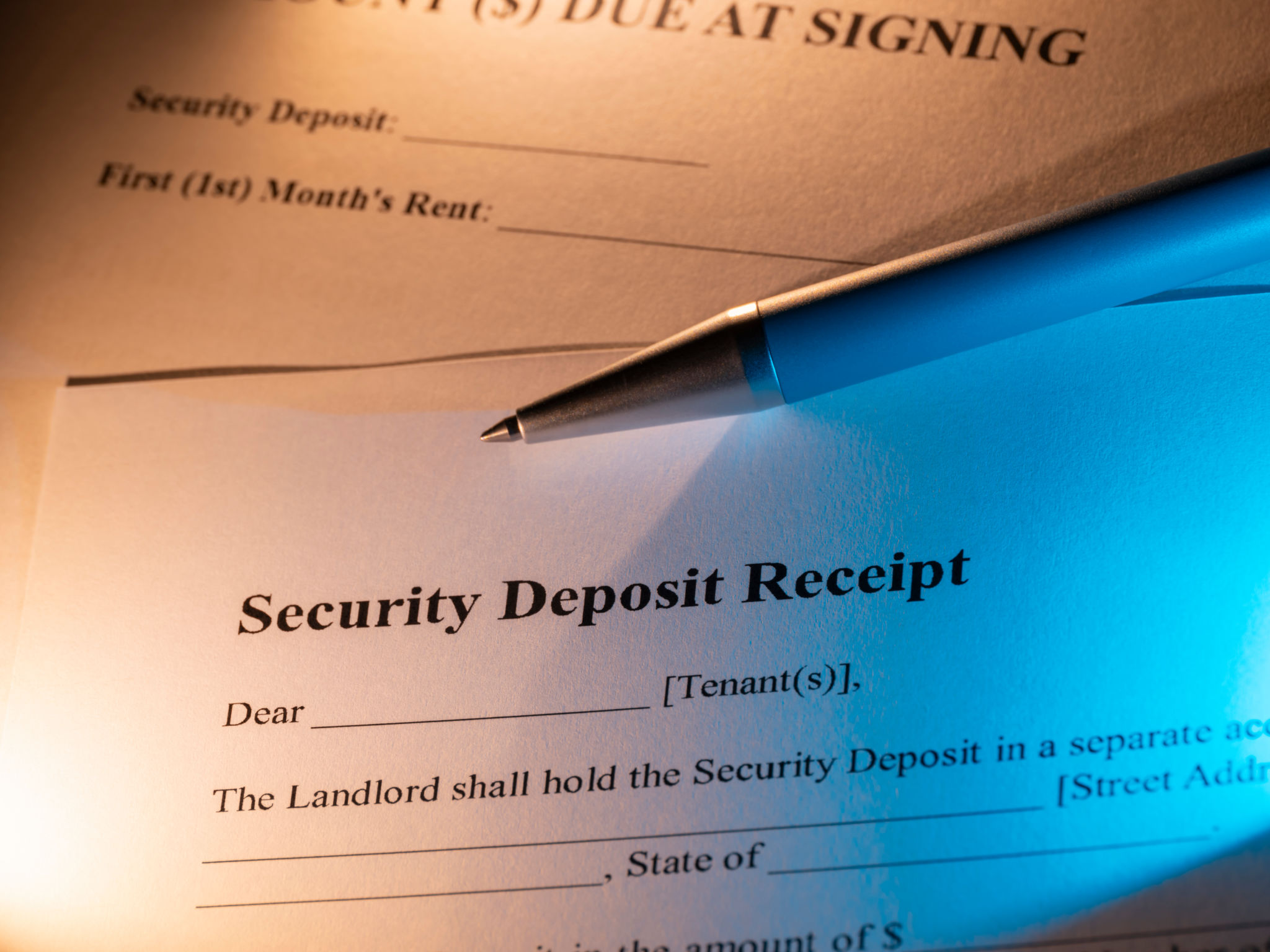How to Secure Startup Business Loans with Bad Credit: A Complete Guide
Understanding the Challenges of Bad Credit
Starting a business with bad credit can be daunting, but it's not impossible. Understanding the challenges that come with bad credit is the first step in overcoming them. Lenders generally see bad credit as a red flag, indicating a higher risk of default. However, there are strategies you can employ to mitigate these concerns and secure the funding you need.
It's important to remember that bad credit doesn't define your business potential. Instead, focus on presenting a strong business plan and demonstrating how you intend to achieve profitability. Lenders want to see that you have a clear vision and a viable path to success.

Exploring Alternative Lenders
If traditional banks are hesitant to approve your loan application due to bad credit, consider exploring alternative lenders. These lenders often have more flexible criteria and are more willing to work with startups. They may include online lenders, peer-to-peer lending platforms, and even micro-lenders.
Alternative lenders typically offer faster approval processes and more accessible terms. However, they may charge higher interest rates or fees to compensate for the increased risk. It's crucial to thoroughly research and compare different options to find the best fit for your needs.
Building a Strong Business Plan
A well-crafted business plan can significantly enhance your chances of securing a startup loan, even with bad credit. Your business plan should clearly outline your business model, target market, competitive landscape, marketing strategy, and financial projections. Providing detailed information about your revenue streams and cost management strategies will reassure lenders of your ability to repay the loan.

Emphasize your unique selling proposition (USP) and how it sets you apart from competitors. Highlight any past successes or relevant experience that demonstrates your capability to manage and grow the business. A robust business plan not only instills confidence in lenders but also serves as a roadmap for your entrepreneurial journey.
Leveraging Collateral and Co-Signers
Using collateral or co-signers can be an effective way to secure a loan with bad credit. Collateral involves offering an asset as security for the loan, which reduces the lender's risk. Common forms of collateral include real estate, equipment, or inventory. Having valuable collateral can make lenders more willing to approve your loan application.
If collateral isn't an option, consider finding a co-signer with good credit. A co-signer agrees to repay the loan if you default, providing additional assurance to lenders. Ensure that your co-signer understands the responsibilities involved before proceeding.

Improving Your Credit Score
While it might not be possible to improve your credit score overnight, taking steps toward improving it can make a difference in the long run. Pay off outstanding debts where possible, avoid taking on new debt, and ensure timely payments of bills and existing loans.
Regularly monitor your credit report for errors or discrepancies, and dispute any inaccuracies you find. Over time, these efforts can gradually improve your credit score and open up more financing opportunities.
Seeking Professional Advice
If navigating the world of startup loans with bad credit feels overwhelming, consider seeking professional advice. Financial advisors or credit counselors can provide guidance tailored to your unique situation. They can help you understand various loan options, prepare a compelling application, and implement strategies to improve your financial standing.

Remember that securing funding is just one step in building a successful startup. With determination, a strong plan, and the right resources, you can overcome the challenges of bad credit and bring your business vision to life.
